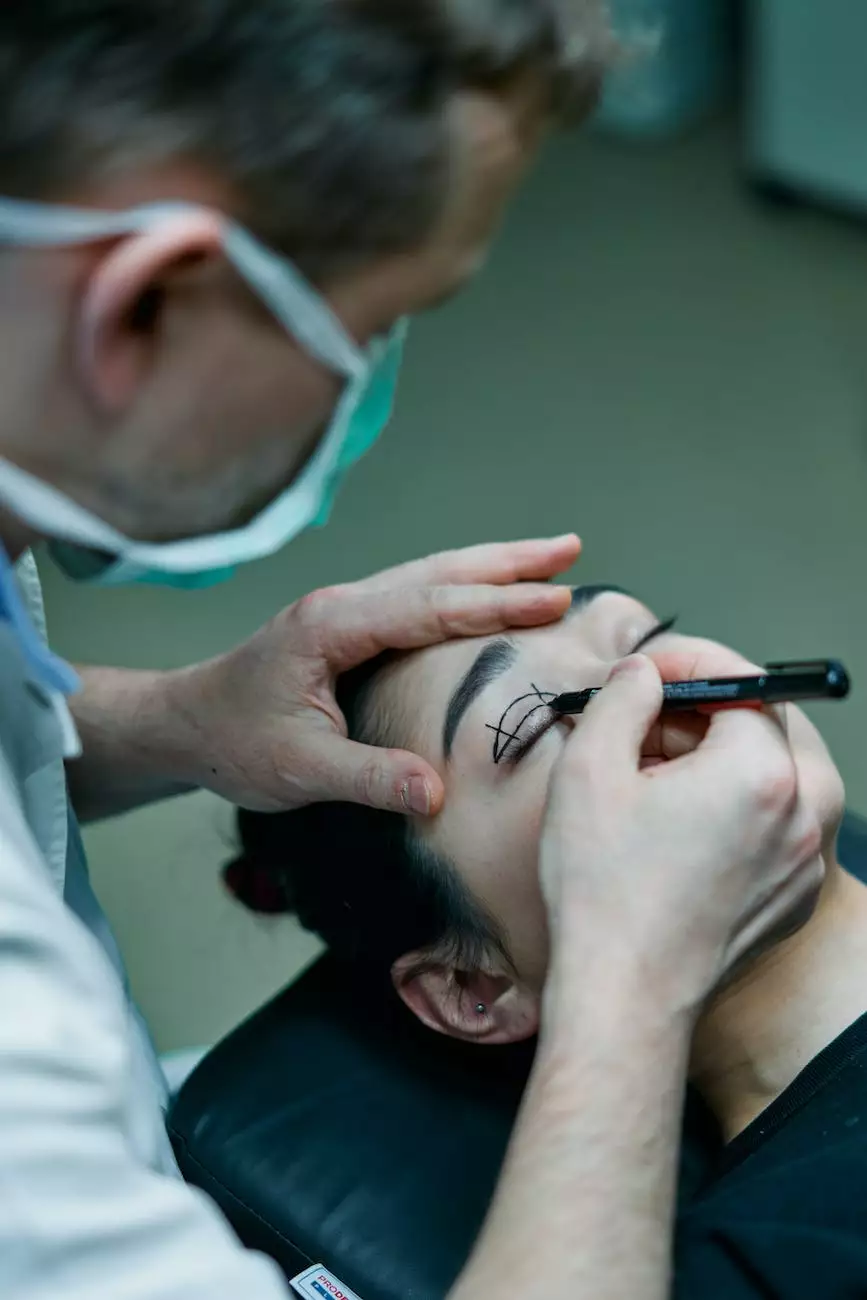Flexible Spending Accounts St Clair Shores

About Flexible Spending Accounts
A Flexible Spending Account (FSA) is a beneficial financial tool that can provide significant tax savings for individuals and families. These accounts are offered by employers to their employees as part of their employee benefits package. FSAs allow you to set aside pre-tax dollars from your paycheck to pay for eligible expenses.
At David J Scholten, OD, PC, we understand the importance of flexible spending accounts when it comes to managing your health and eye care expenses. Our team is here to guide you through the process and provide you with the information you need to make the most out of your FSA.
The Benefits of Flexible Spending Accounts
One of the main advantages of having a flexible spending account is the tax advantage it provides. By contributing to an FSA, you can reduce your taxable income, which means you'll have more money in your pocket come tax time. This can result in significant savings, especially for those with high medical or eye care expenses.
FSAs can be used to cover a wide range of health and eye care expenses, including but not limited to:
- Prescription medications
- Eye exams
- Prescription eyeglasses or contact lenses
- Orthokeratology (Ortho-K) lenses
- LASIK eye surgery
- Eye care accessories such as cleaning solutions and eye drops
By utilizing your FSA, you can effectively reduce your out-of-pocket expenses for necessary eye care procedures and products.
How to Maximize Your Flexible Spending Account
To make the most out of your flexible spending account, it's important to plan ahead and understand the rules and restrictions. Here are some tips to help you maximize your FSA:
1. Estimate Your Annual Expenses
Take some time to evaluate your expected eye care expenses for the year. By estimating your costs, you can determine how much to contribute to your FSA. Keep in mind that any funds not used by the end of the plan year may be forfeited, so it's important not to overestimate.
2. Know Your FSA Plan Details
Each FSA plan may have different rules regarding eligible expenses and reimbursement policies. Familiarize yourself with the specific details of your plan to ensure you comply with the guidelines and maximize your benefits.
3. Take Advantage of Qualified Expenses
Make sure you understand what expenses are eligible for reimbursement under your FSA. Keep track of your receipts and submit them for reimbursement promptly. Our team at David J Scholten, OD, PC can provide the necessary documentation to support your reimbursement claims.
4. Use Your FSA Funds Wisely
By utilizing your FSA funds appropriately, you can make significant savings. Prioritize necessary eye care services, such as comprehensive eye exams or purchasing prescription eyewear. This is a great opportunity to invest in your eye health without breaking the bank.
5. Plan Ahead for the Next Enrollment Period
Once the plan year is over, it's important to start planning for the next enrollment period. Evaluate your needs and adjust your FSA contribution accordingly to ensure you take full advantage of the tax benefits.
Contact David J Scholten, OD, PC for FSA-related Queries
If you have any questions or need further assistance regarding flexible spending accounts and how they can be used for eye care expenses, don't hesitate to reach out to the knowledgeable team at David J Scholten, OD, PC. We are dedicated to providing exceptional eye care services and helping our patients make the most out of their FSAs.
Visit our website or contact us today to schedule an appointment or to learn more about how flexible spending accounts can benefit you.










